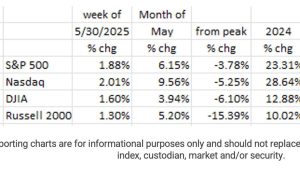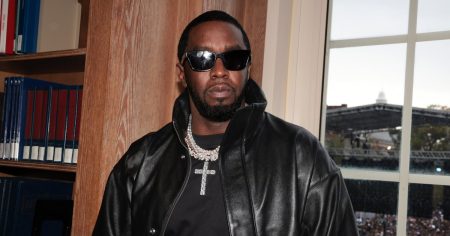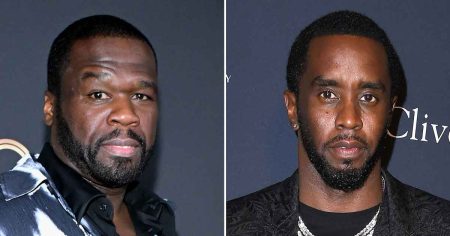The Unveiling of Deception: Prince Andrew’s Extended Ties to Jeffrey Epstein
The newly revealed court documents cast a long shadow over Prince Andrew’s previous assertions regarding his association with convicted sex offender Jeffrey Epstein. The email exchanges between Epstein and an unnamed member of the royal family, widely believed to be Prince Andrew, paint a starkly different picture than the one presented by the prince during his infamous 2019 Newsnight interview. These emails, unearthed during legal proceedings involving Jes Staley, a former banker entangled in the Epstein web, suggest a significantly longer and more involved relationship than Andrew had previously admitted. The casual tone and playful language used in the correspondence further deepen the intrigue, hinting at a level of familiarity and camaraderie that contradicts the prince’s prior attempts to downplay his connection to the disgraced financier.
The February 2011 email, where the unnamed royal, presumed to be Andrew, urges Epstein to "keep in close touch and we’ll play some more soon!!!!", directly contradicts Andrew’s claim that his last contact with Epstein was in December 2010. This seemingly innocuous message carries significant weight, raising questions about the true extent of their interactions after Epstein’s conviction. The exclamation points add a layer of informality and enthusiasm, suggesting a bond that extended beyond mere acquaintance. Furthermore, the phrase "play some more" remains ambiguous, leaving room for speculation about the nature of their shared activities.
The June 2010 email exchange, where Epstein proposes introducing his "future ex-wife" to the royal, further unravels the carefully constructed narrative presented by Andrew. This exchange not only confirms continued communication between the two men but also reveals a level of personal involvement that goes beyond mere social pleasantries. Epstein’s willingness to introduce his soon-to-be ex-wife suggests a comfort level and trust that belies the prince’s prior insistence on limited interaction. The casual nature of the request, framed as a fun outing, further adds to the impression of a close relationship.
These newly revealed emails directly challenge the veracity of Prince Andrew’s 2019 Newsnight interview, where he categorically denied any contact with Epstein after December 2010. The prince’s assertion, made under the intense scrutiny of a televised interview, now appears to be deliberately misleading. This discrepancy between his previous statements and the documented evidence raises serious concerns about his credibility and fuels further speculation about the true depth of his involvement with Epstein. The contrast between his carefully crafted public persona and the revealed private communications deepens the sense of betrayal felt by those who had accepted his earlier denials.
The implications of these revelations extend far beyond the immediate context of Prince Andrew’s personal life. They raise questions about the integrity of the royal family and the potential damage to their reputation. The ongoing scandal surrounding Andrew’s association with Epstein has already cast a long shadow over the monarchy, and these new revelations serve to further erode public trust. The prince’s attempts to distance himself from Epstein now appear disingenuous, and the continued drip-feed of incriminating information further fuels public outrage.
The unearthed emails also shed light on the broader context of the Epstein scandal and the intricate web of powerful individuals connected to the convicted sex offender. The casual tone and personal nature of the communications between Epstein and the unnamed royal suggest a level of intimacy and familiarity that goes beyond mere social acquaintance. This raises uncomfortable questions about the nature of their relationship and the extent to which Epstein leveraged his connections to influential figures. The ongoing investigation into Epstein’s crimes and the network that facilitated his abuse continues to uncover disturbing details, and the implications for those implicated extend far beyond the confines of the courtroom.










